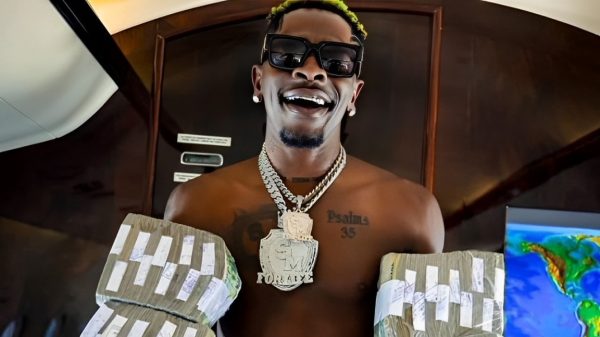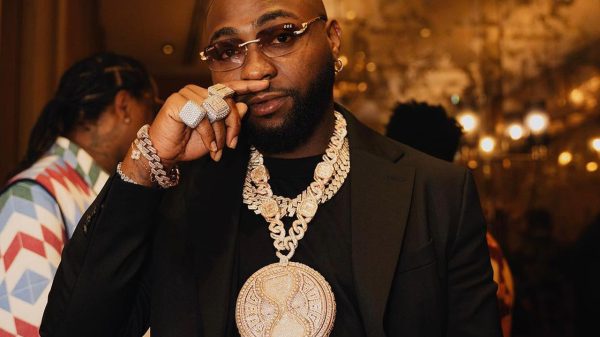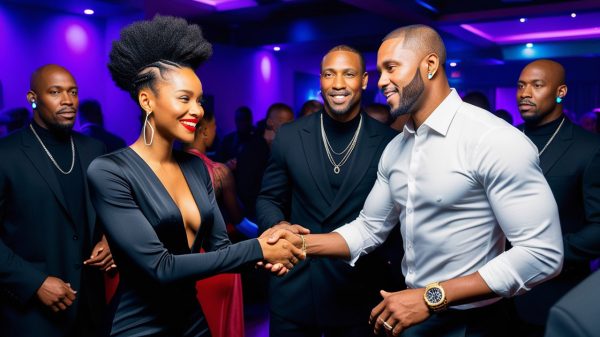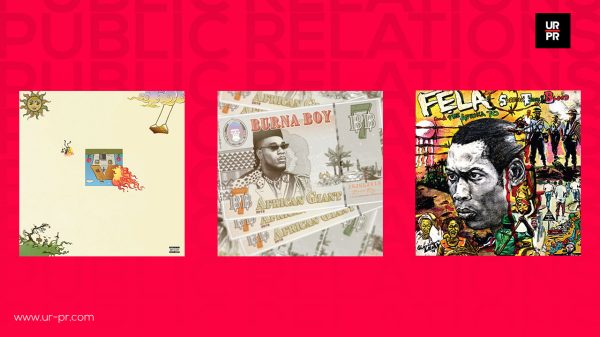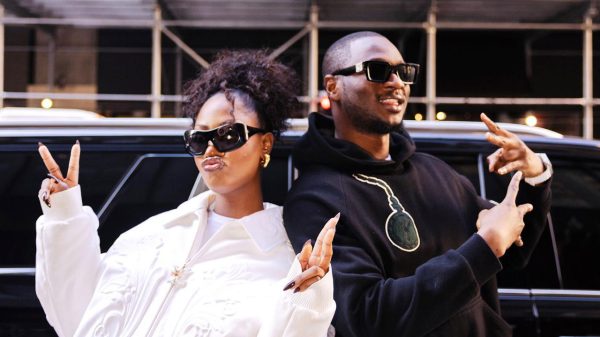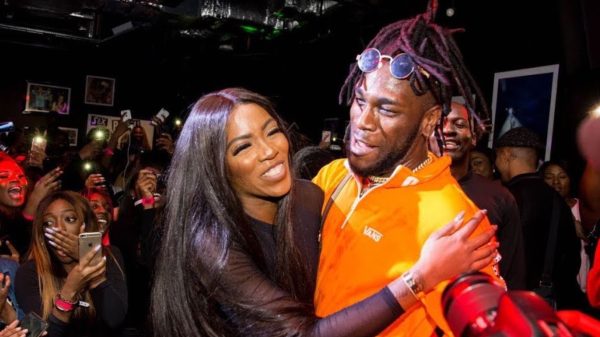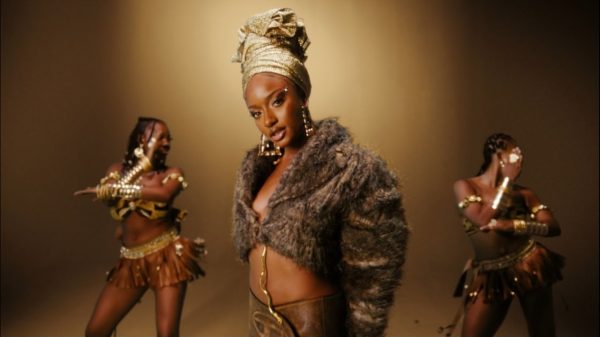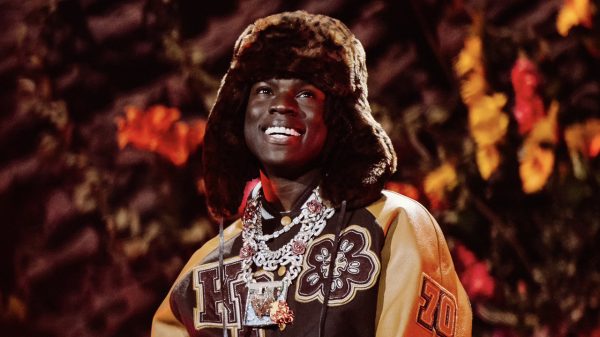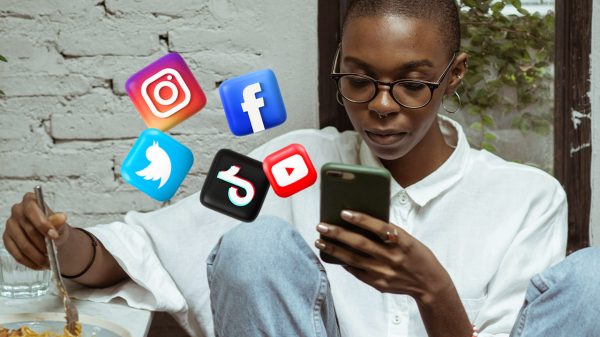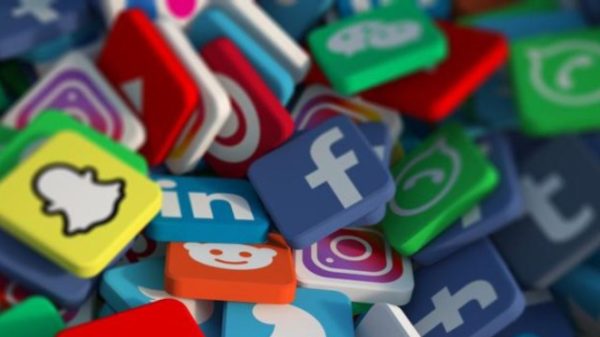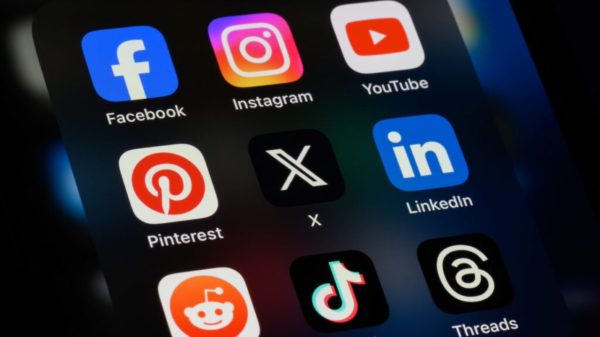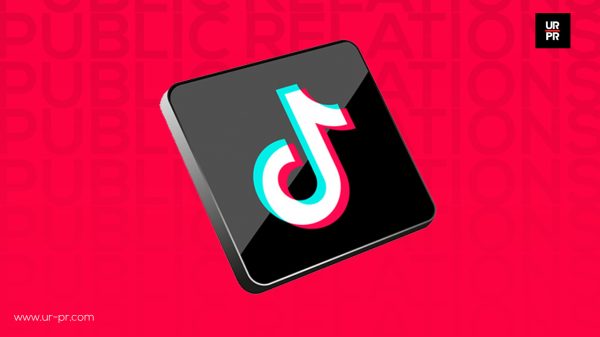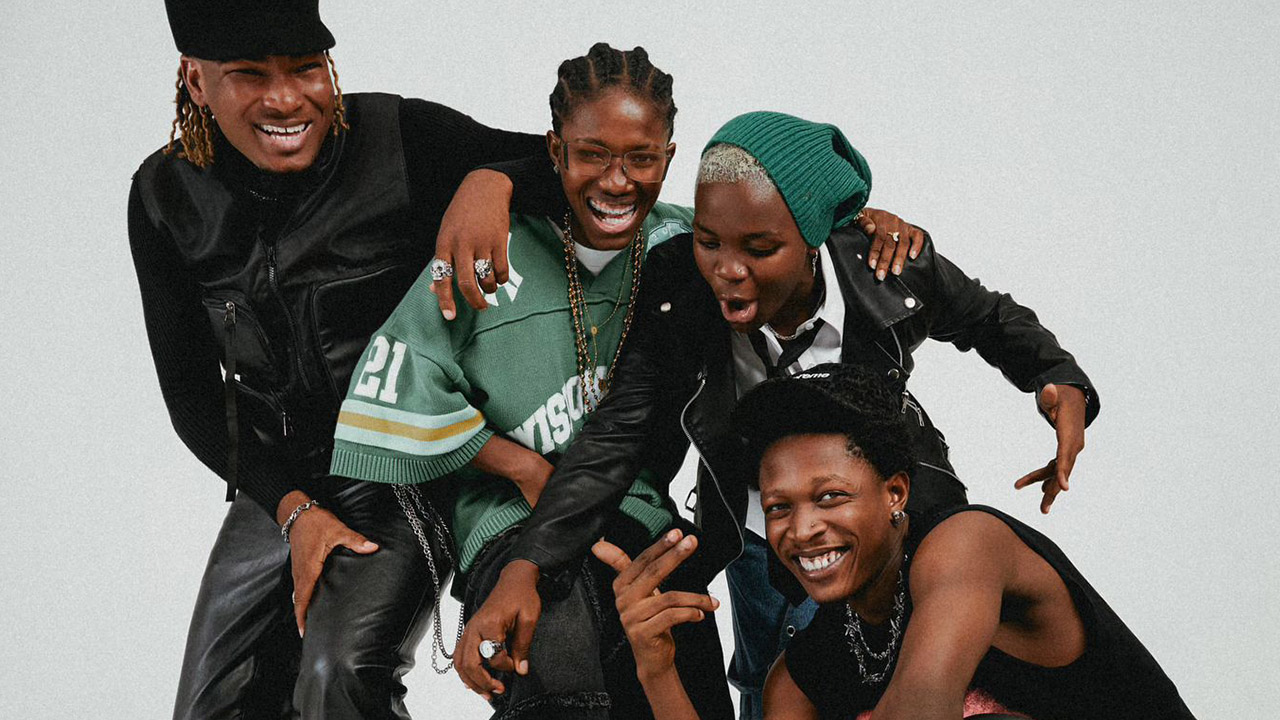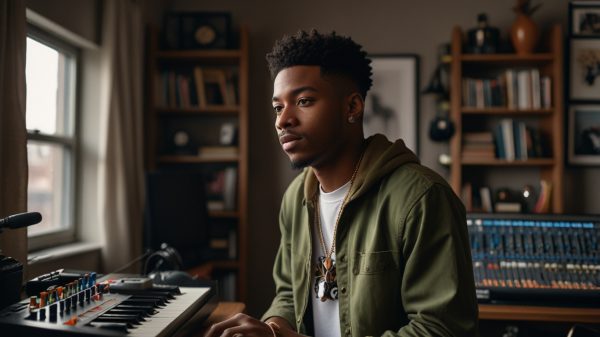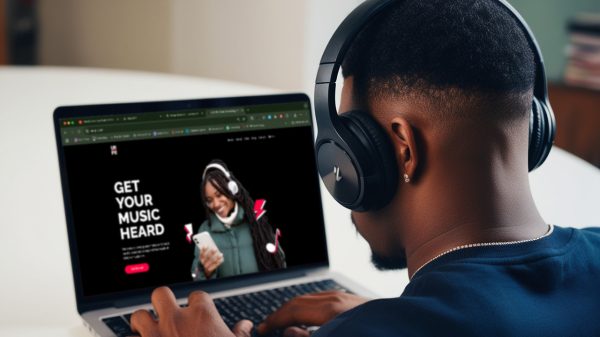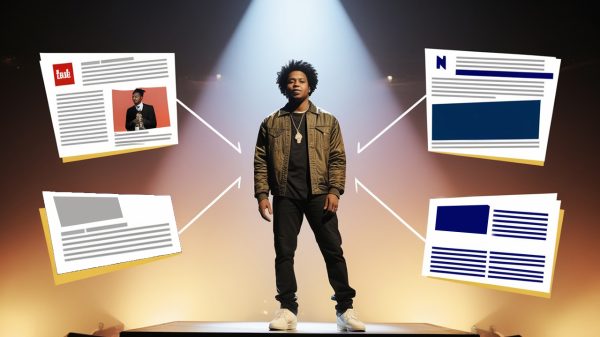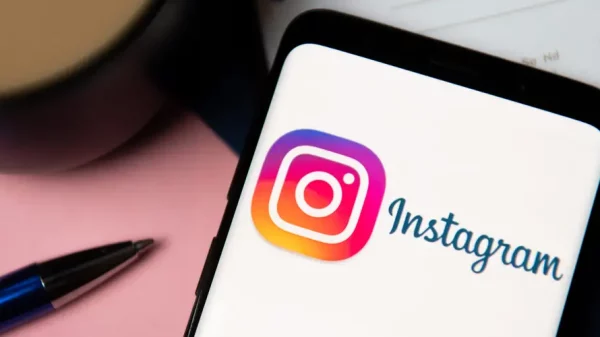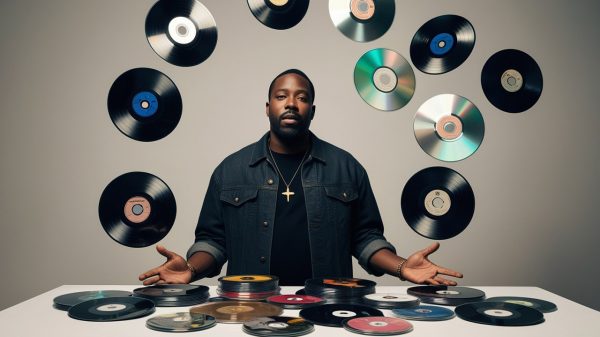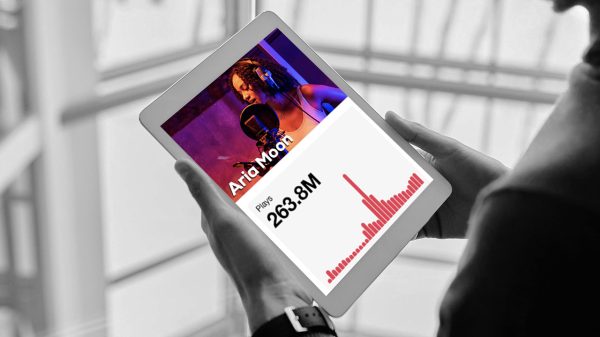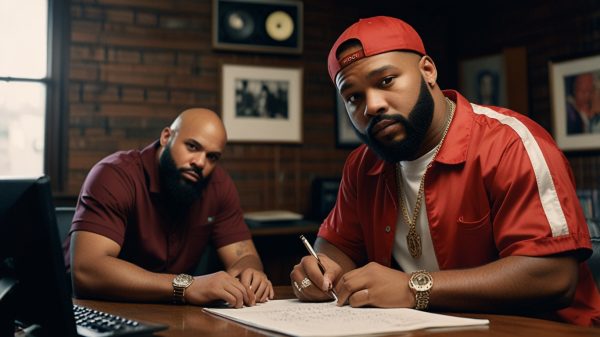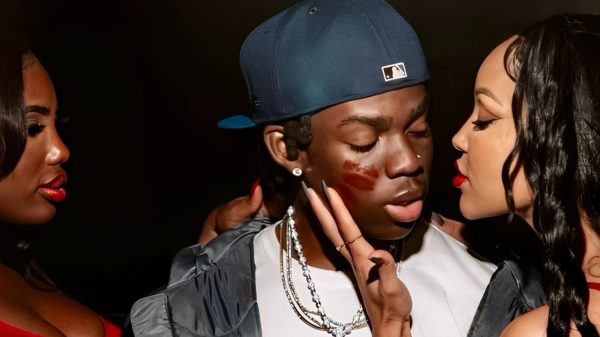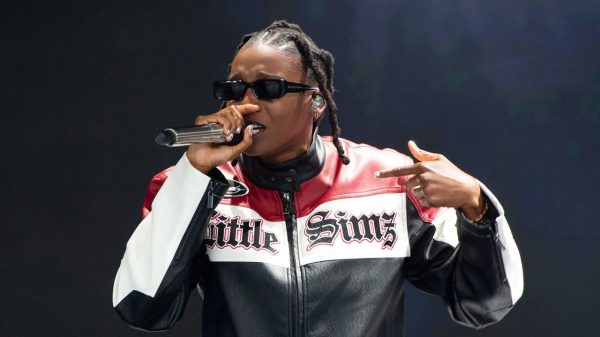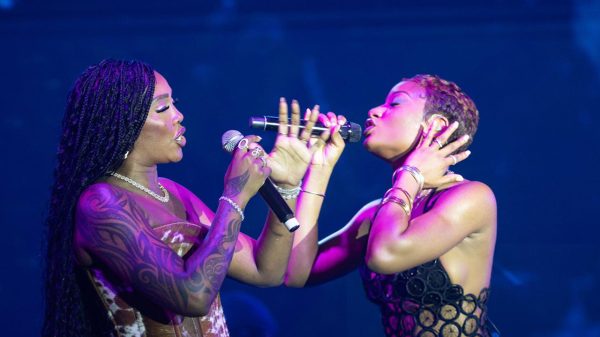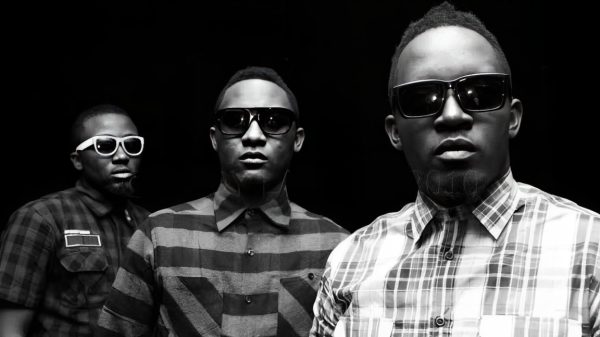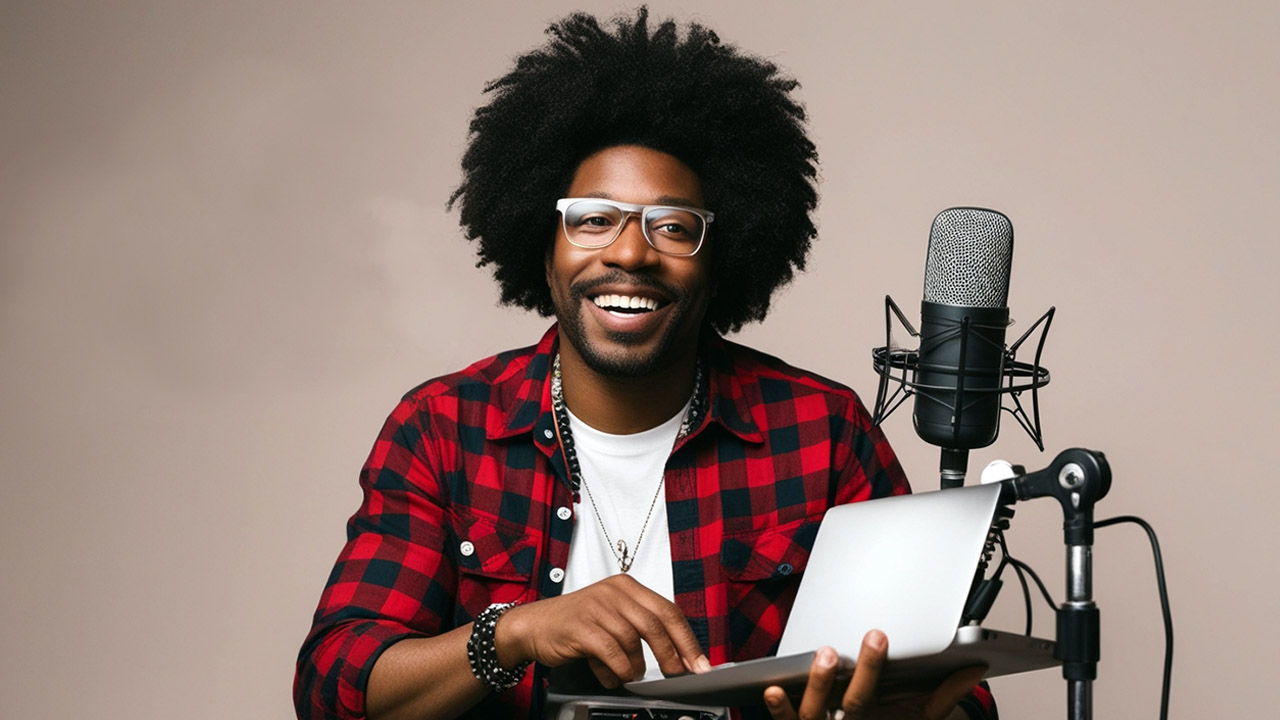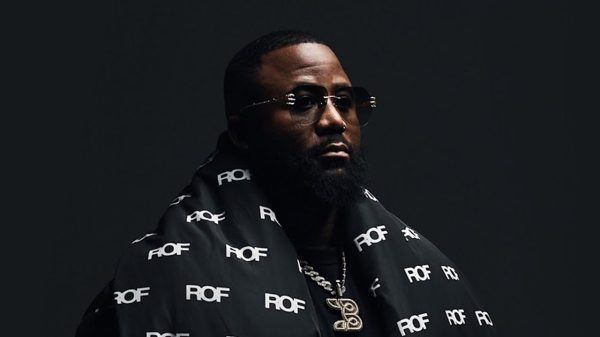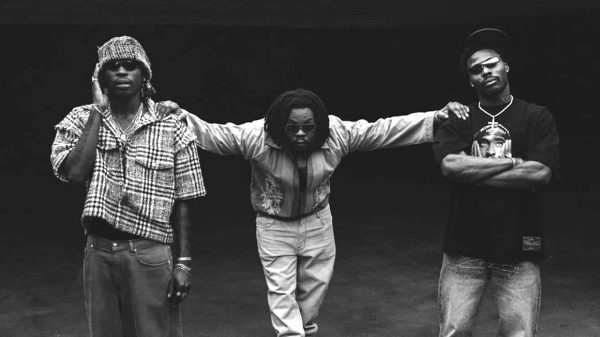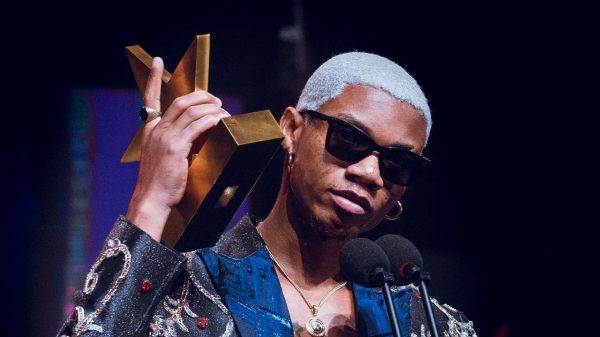In today’s music industry, self-promotion has become an essential skill for musicians. Whether you’re an independent artist or looking to gain more control over your career, mastering DIY music promotion can make a significant difference. This guide will explore the tools and skills you need to effectively promote your music on your own, providing you with a roadmap to boost your visibility and engage with your audience.
1. Understanding the DIY Music Promotion Landscape
DIY music promotion involves taking charge of your own marketing efforts without relying on a label or external PR agency. This means you’ll need to wear multiple hats—from social media manager to content creator to email marketer. By understanding the landscape, you can better navigate the challenges and opportunities that come with promoting your own music.
2. Essential Tools for DIY Music Promotion
1. Social Media Platforms
Social media is one of the most powerful tools for reaching and engaging with your audience. Here’s how to use it effectively:
- Instagram: Ideal for sharing visual content, updates, and engaging with fans through Stories and Reels.
- Twitter: The platform now known as X, is great for real-time updates, interacting with followers, and participating in music-related conversations.
- Facebook: Useful for creating events, posting updates, and building a community through groups and pages.
- TikTok: TikTok is perfect for creating viral content and engaging younger audiences with short, catchy videos.
2. Music Distribution Services
To get your music out to a global audience, you’ll need a reliable music distribution service. These platforms help you get your tracks onto major streaming services and digital stores. Popular options include:
- DistroKid: Known for its fast distribution and straightforward pricing.
- TuneCore: Offers detailed analytics and extensive distribution options.
- CD Baby: Provides a wide range of distribution services and promotional tools.
3. Email Marketing Tools
Email marketing remains one of the most effective ways to keep your fans informed and engaged. Consider using tools like:
- Mailchimp: User-friendly with automation features and robust analytics.
- Sendinblue: Offers email marketing and SMS campaigns, along with marketing automation.
- ConvertKit: Designed specifically for creators with powerful automation and segmentation features.
4. Graphic Design and Video Editing Software
Visual content plays a crucial role in music promotion. Having the right tools can help you create eye-catching graphics and videos:
- Canva: Ideal for creating social media graphics, album covers, and promotional materials.
- Adobe Photoshop: Offers advanced design capabilities for more detailed graphics.
- Adobe Premiere Pro: A professional-grade video editing tool for creating music videos and promotional clips.
- iMovie: A more user-friendly option for basic video editing.
5. Analytics and Tracking Tools
Understanding how your promotional efforts are performing is key to refining your strategy. Use these tools to track your success:
- Google Analytics: Provides insights into website traffic and user behavior.
- Social Media Insights: Each platform offers built-in analytics to track engagement and reach.
- Spotify for Artists: Offers detailed analytics on how your music is performing on the platform.
3. Key Skills for Effective DIY Music Promotion
1. Content Creation
Creating high-quality content is essential for engaging your audience. This includes:
- Writing: Craft compelling posts, emails, and press releases.
- Photography: Take professional-looking photos for social media and promotional materials.
- Video Production: Create engaging music videos, teasers, and behind-the-scenes content.
2. Social Media Management
Effective social media management involves:
- Consistency: Post regularly to keep your audience engaged.
- Engagement: Respond to comments and messages to build a community around your music.
- Content Strategy: Plan and create content that aligns with your brand and resonates with your audience.
3. Networking and Relationship Building
Building relationships with industry professionals, influencers, and fans can open doors for collaborations and promotions:
- Attend Events: Participate in music industry events, conferences, and local gigs.
- Collaborate: Work with other artists and influencers to reach new audiences.
- Follow Up: Maintain relationships by staying in touch with industry contacts and fans.
4. Marketing and Promotion Strategies
Implementing effective marketing strategies is crucial for reaching your target audience:
- SEO: Optimize your website and content for search engines to increase visibility.
- Paid Advertising: Use social media ads and Google Ads to promote your music to specific audiences.
- Press Outreach: Send press releases and pitches to music blogs and journalists.
5. Time Management and Organization
Managing your time effectively ensures that you can handle all aspects of DIY promotion without becoming overwhelmed:
- Create a Schedule: Plan your content and promotional activities in advance.
- Use Project Management Tools: Tools like Trello or Asana can help you stay organized and track your tasks.
- Set Goals: Establish clear, measurable goals for your promotion efforts.
4. Practical Tips for DIY Music Promotion
- Engage Your Fans: Use interactive content like polls and Q&A sessions to keep your audience engaged.
- Leverage User-Generated Content: Encourage fans to create and share content related to your music.
- Monitor Trends: Stay up-to-date with industry trends and adapt your strategies accordingly.
- Track Your Progress: Regularly review your analytics to understand what’s working and what needs improvement.
Start Your Campaign Today!
Frequently Asked Questions (FAQs)
How do you promote self-released music?
Promote self-released music by utilizing social media platforms, music distribution services, email marketing, and engaging content. Leverage local media and influencers, perform live, and track your promotional efforts with analytics tools.
How to market yourself as a music artist?
Market yourself as a music artist by building a strong online presence, creating engaging content, networking with industry professionals, and implementing effective marketing strategies. Consistency and authenticity are key to music promotion and maintaining your brand.
What are the marketing tactics for the music industry?
Marketing tactics in the music industry include social media engagement, content creation, email marketing, paid advertising, press outreach, and strategic collaborations. Utilizing analytics to track performance and refine strategies is also crucial.
How do musicians advertise?
Musicians advertise through social media ads, streaming platform promotions, email campaigns, and press releases. Collaborations with influencers and industry professionals, as well as live performances and virtual concerts, also serve as effective music promotion methods.
How to start a music promotion business?
To start a music promotion business, develop a clear business plan, build a network within the industry, and establish a strong online presence. Offer services like press outreach, social media management, and event planning. Leverage your expertise and connections to attract clients and build your reputation.
